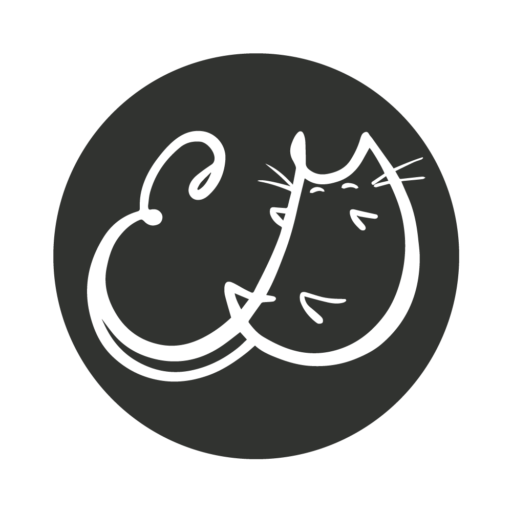 Cat’s Claw by Amber Benson
Cat’s Claw by Amber Benson
My rating: 3 of 5 stars
I gave the first book of the serious a pretty heavy “meh.” I’m going to go ahead and lighten up that meh an octave or so, but still retain the fleshy meh-ness of my response.
This book is not amazing. It is neither wildly entertaining nor emotionally engaging. But if you are ever really really bored on a rainy day and you like mythology, go for it. Egypt in particular is featured here, but there be no dragons.
If this series ever gets up to a 6th or 7th book, I am going to be EXCITED. It’ll be probably be amazeballs. I’ll get back to you on the subject then.









